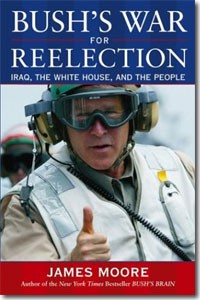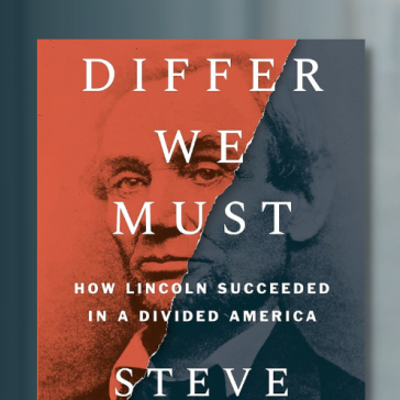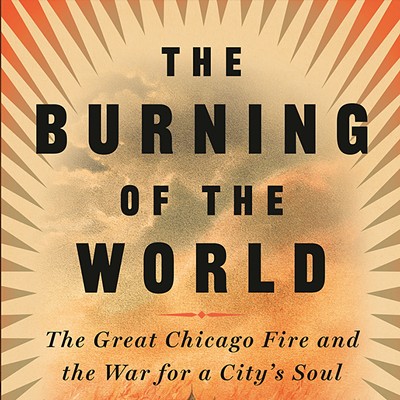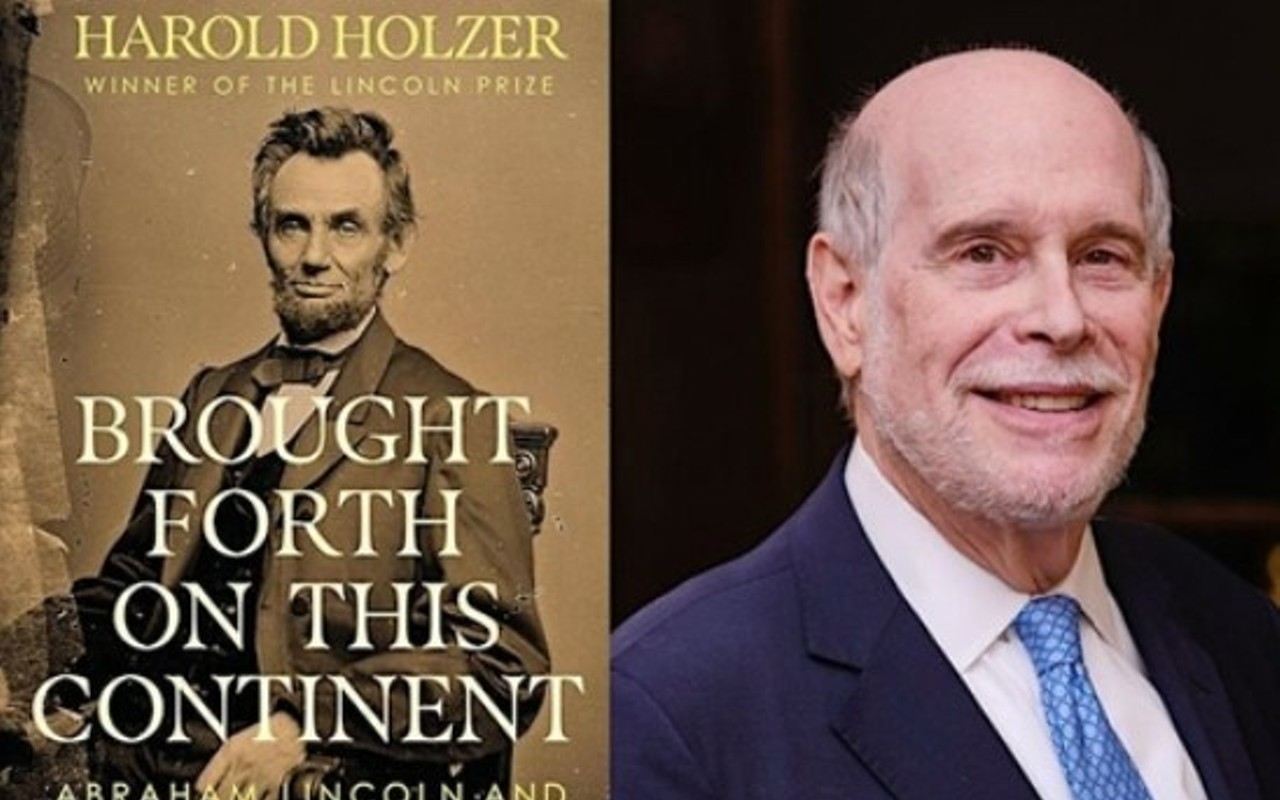Political potboilers have always scored high on summer-reading lists, and Bush's War for Reelection: Iraq, the White House, and the People seems to qualify. Written by investigative reporter James Moore, the book seems to possess the ingredients necessary for inclusion in the genre. The difference, of course, is that this study of the White House and the war in Iraq is nonfiction. Unlike the characters in a Tom Clancy thriller, the people in Moore's book are real, as are their lives and deaths. This is not to say that readers looking for suspense and intrigue will be disappointed. They will, on the other hand, have to wait until November to see how the story ends.
Moore, an Emmy Award-winning TV news correspondent, lives in Austin, Texas. His coverage of George W. Bush goes back to the president's days as governor of Texas, and Moore hasn't liked what he's seen. He begins his narrative with a look at the behind-the-scenes run-up to the Iraq war as far back as Sept. 11, 2001. He pays special attention to how the White House marketed the war and manipulated the media -- especially New York Times reporter Judith Miller -- into making the public believe that Saddam Hussein had weapons of mass destruction. He continues with personal profiles of the courageous soldiers fighting in Iraq, including 1st Lt. Fred Pokorney, who died in the first days of the war in an ambush at al-Nasiriyah and was eulogized by the president before such eulogies were deemed too negative politically. He juxtaposes these stories of valor with the controversy over Bush's service, or lack thereof, in the Texas Air National Guard.
Americans are struggling to trust their leaders in a time when questioning the decisions made by those leaders has been branded unpatriotic. The information Moore uncovers is troubling. Perhaps what this book accomplishes better than anything else is to give us a glimpse of what true patriotism means.
Moore writes, "I wanted to unravel the connections between presidential decisions, journalism, domestic politics, the economy, and how they affect the lives of our citizenry, whether that is a soldier in the Persian Gulf, or a diplomat in Washington. Much of what has transpired in our country's recent history might have been avoided if we had taken our citizenship more seriously and demanded more of ourselves, our leaders, and our democracy." Most would agree that a good citizen is well informed. Reading Moore's book is an excellent way of informing ourselves on the issues surrounding events that have yet to be resolved -- issues whose outcomes we, as citizens, may yet have the power to influence.



















